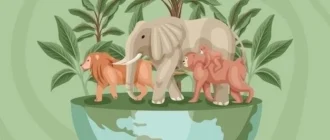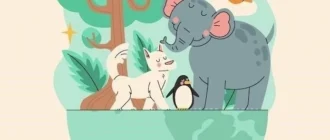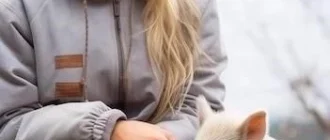The ethics of animal testing is a topic that has always stirred strong emotions within me. On one hand, I deeply empathize with animals and shudder at the thought of them enduring pain and suffering. The images Ive seen of animals confined to cramped cages, subjected to invasive procedures, and living in fear, are difficult to erase from my mind.
I recall a particular instance when I volunteered at an animal shelter. I met a sweet, timid dog named Buddy, who cowered at the slightest touch. He had been rescued from a laboratory where he was used in testing. The experience left an indelible mark on me, highlighting the very real consequences of animal experimentation.
The Argument for Animal Testing
However, I also recognize the potential benefits of animal testing. Medical breakthroughs, life-saving treatments, and vaccines that have saved countless human lives were often developed through research involving animals. For instance, I have a close friend, Sarah, who suffers from a chronic illness. Her life was transformed thanks to a medication developed through animal testing. Witnessing her recovery made me realize the potential good that can come from such research.
The argument for animal testing often centers around the lack of viable alternatives. While advancements have been made in areas like computer modeling and in vitro testing, these methods cannot always fully replicate the complexities of a living organism.
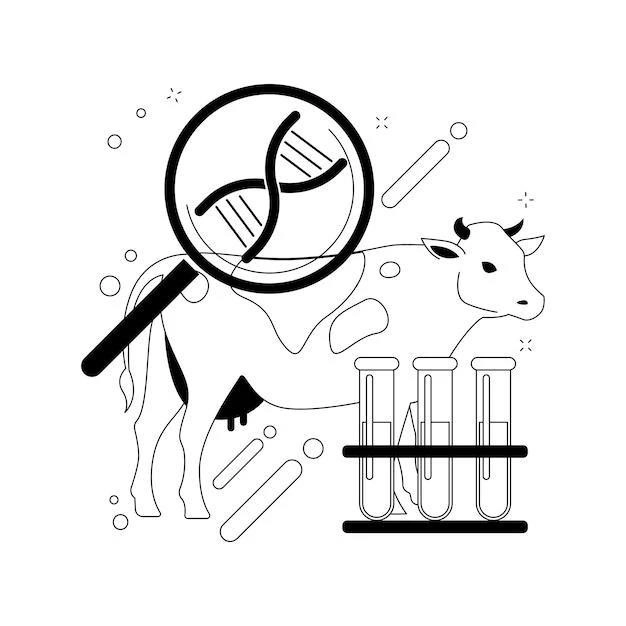
The Search for a Middle Ground
This internal conflict has led me to believe that the answer lies somewhere in the middle. I believe we must strive to minimize animal suffering while continuing to advance medical knowledge.
Here are some steps I believe we can take to achieve this balance⁚
- Stricter Regulations and Oversight⁚ We need robust regulations that prioritize animal welfare and ensure that experiments are conducted ethically and humanely.
- Emphasis on Alternatives⁚ Increased funding and research into alternative testing methods, such as computer modeling and organ-on-a-chip technology, are crucial.
- Transparency and Open Dialogue⁚ Open communication between researchers, animal welfare advocates, and the public is essential to foster understanding and find common ground.
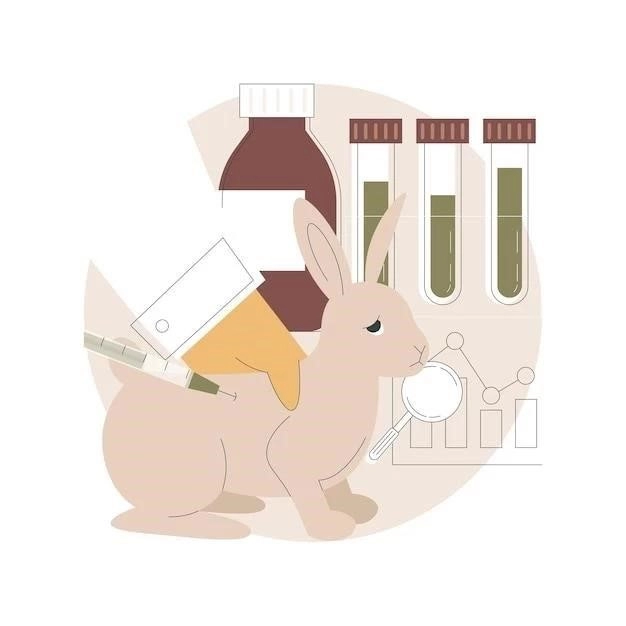
A Shared Responsibility
Ultimately, the ethical dilemma of animal testing is a complex issue with no easy answers. It requires careful consideration, empathy for all living beings, and a commitment to finding solutions that prioritize both scientific advancement and animal welfare. As individuals, we have a responsibility to stay informed, engage in thoughtful discussions, and support initiatives that promote ethical and humane treatment of animals.
I remember attending a lecture on animal testing during my university years. The speaker, a renowned scientist, argued passionately for its necessity in developing life-saving treatments. He showed slides of children who had benefited from such research, their faces beaming with health and vitality. It was hard to deny the positive impact animal testing had on their lives.
Yet, that night, I couldnt shake the image of Buddy from my mind. His fear, his vulnerability, the way he flinched at the slightest movement ⏤ it haunted me. It felt hypocritical to champion the well-being of those children while simultaneously pushing aside the suffering of animals like Buddy.
This internal struggle led me to volunteer at a primate sanctuary after graduation. I spent my days caring for chimpanzees rescued from research laboratories. Each one bore the scars, both physical and emotional, of their past experiences. There was Layla, who would obsessively rock back and forth, a coping mechanism developed during her years of confinement. And there was Samson, missing an eye, a constant reminder of a painful procedure.
Working at the sanctuary was a deeply moving experience. It solidified my belief that animals deserve our respect and protection, even as we acknowledge the role animal research has played in advancing human health. I learned that true progress lies not in choosing one side over the other, but in finding a compassionate path forward—one that minimizes harm and prioritizes the well-being of all living creatures.
The experience at the sanctuary left me grappling with the complexities of the issue. I couldnt simply dismiss the suffering I had witnessed, nor could I ignore the potential of medical research. I felt compelled to find a way to reconcile these opposing forces.
Thats when I decided to volunteer with a local organization dedicated to promoting alternatives to animal testing. I spent my weekends attending conferences, participating in workshops, and learning about cutting-edge technologies like 3D organ modeling and microdosing. I was amazed by the ingenuity of these new approaches and their potential to revolutionize medical research.
One particular experience stands out in my memory. I attended a demonstration of a “human-on-a-chip” device—a tiny chip lined with human cells that mimics the functions of a human organ. The researchers explained how this technology could be used to test the safety and efficacy of drugs without the need for animal subjects. Witnessing this firsthand filled me with a sense of hope. It felt like a tangible step towards a future where animal suffering could be significantly reduced without compromising scientific progress.
My journey has taught me that the ethics of animal testing is not a black-and-white issue. Its a complex tapestry woven with shades of gray. There are no easy answers, no simple solutions. But by embracing nuanced perspectives, fostering open dialogue, and supporting the development of humane alternatives, we can strive to create a world where both human and animal well-being are valued and protected.
Inspired by the potential of these alternatives, I decided to focus my own career on promoting their development and adoption. I pursued a graduate degree in biomedical engineering, specializing in organ-on-a-chip technology. My research focused on developing a model of the human liver on a chip, with the goal of replacing animal testing for drug toxicity screening.
I spent countless hours in the lab, painstakingly culturing cells, fine-tuning microfluidic channels, and analyzing data. There were moments of frustration, of course, when experiments failed, and progress seemed elusive. But I was driven by the knowledge that my work had the potential to alleviate animal suffering and revolutionize drug development.
One particularly memorable moment occurred during my final year of graduate school. I had been working tirelessly on my liver-on-a-chip model, and finally, it was time to test its accuracy against a standard animal model. We exposed both the chip and a group of mice to a known liver toxin and anxiously awaited the results.
The results were astounding. The liver-on-a-chip accurately predicted the toxic effects of the drug at various doses, mirroring the findings from the animal study. I was ecstatic! My years of research had culminated in this moment, proving that our chip could potentially replace animal testing in this specific scenario.
This success fueled my passion even further. I realized that the path to a future with less reliance on animal testing requires not only scientific breakthroughs but also a shift in mindset. We need to move away from the antiquated notion that animal testing is the only reliable method and embrace the potential of these innovative alternatives.
Today, I continue to work at the forefront of this movement, collaborating with scientists, policymakers, and animal welfare advocates to promote the development, validation, and adoption of human-relevant, non-animal methods. Its a challenging but incredibly rewarding path, and I am constantly inspired by the progress being made every day.
My journey has been one of deep reflection, challenging assumptions, and embracing new possibilities. It has taught me that the ethics of animal testing is not about choosing sides, but about finding a better way forward—a way that respects the lives and well-being of all creatures.

